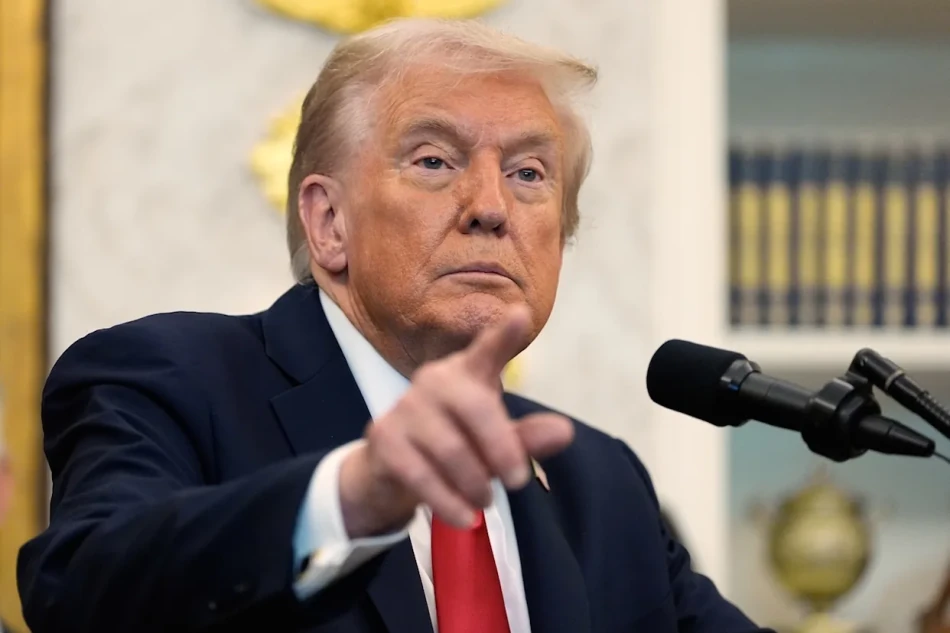
Trump Boycotts G20 Summit in South Africa, Escalating Tensions on Global Stage
President Donald Trump announced that no U.S. officials will attend the G20 summit in South Africa, repeating his claims that the white minority faces systematic "killing and slaughter" in the African nation. The decision marks a complete reversal from September when Trump said Vice President J.D. Vance would represent him at the gathering.
Trump posted on Truth Social that it's "totally disgraceful" for the G20 summit to be held in South Africa. "No U.S. government official will attend as long as these human rights violations continue," he wrote.
The president specifically referenced Afrikaners - the white minority descended from early European settlers - claiming they face killings and illegal seizure of their land and farms. These statements echo similar claims Trump has made since returning to the White House in January, including allegations of "white genocide" in the country.
South Africa's Foreign Ministry called Trump's statements "unfortunate" and said it looks forward to hosting a "successful" summit on November 22-23. The ministry pushed back against Trump's characterization, saying that describing Afrikaners as a purely white group is "unhistorical" and that claims of persecution are "unfounded."
The diplomatic spat comes as South Africa holds the G20 presidency with the theme "Solidarity, Equality, and Sustainability." But the country has faced some opposition, particularly from the United States, which is the group's wealthiest member.
South Africa's foreign ministry emphasized the country's unique position in global affairs. "Based on our own journey from apartheid to democracy, our nation has a unique position that allows it to advocate for a future of genuine solidarity within the G20," the statement read.
The boycott creates an awkward situation for the world's major economies. The G20 represents about 85% of global GDP and includes countries like China, Germany, Japan, and Brazil. Trump's absence means the U.S. will have no representation at discussions on global economic coordination, climate policy, and international trade.
For markets and international relations, this signals a return to Trump's more confrontational diplomatic style. His decision to skip the summit entirely - rather than send a lower-level official - suggests deeper tensions with South Africa that could affect trade relationships and diplomatic cooperation going forward.
Most Viewed News

 Sara Khaled
Sara Khaled






